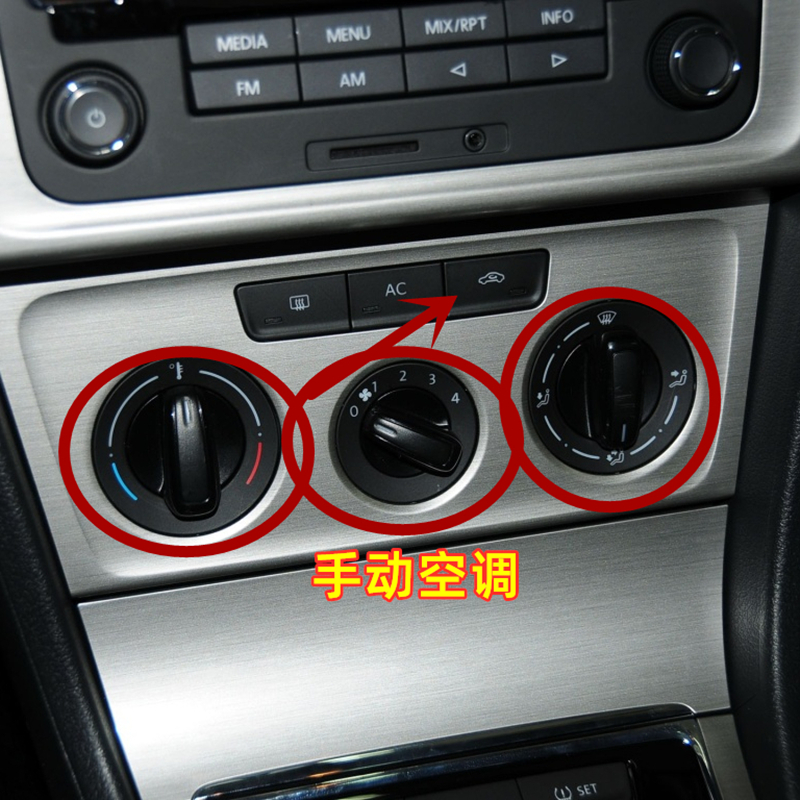Gov't conducts radiation tests on North Korean defectors with contamination risks
2024-05-20 02:58:51 点击:366
 |
| This May 24, 2018 photo shows the Punggye-ri nuclear test site in North Korea. Seoul has started conducting radiation exposure tests on North Korean defectors who came from areas adjacent to the test site, as concerns grow over their health as well as potentially contaminated food products smuggled in from the North. Korea Times file |
Effects of nuclear weapons tests on residents, food and water supply put under microscope
By Jung Min-ho
Seoul has started conducting voluntary radiation exposure tests on North Korean defectors who hailed from areas adjacent to the regime's Punggye-ri nuclear test site, as concerns grow over risks to their health as well as the possibility of food products smuggled in from the North being contaminated.
Speaking to The Korea Times Tuesday, an official at the Ministry of Unification said it started radiation testing on 89 individuals who used to live near the facility, in which all of North Korea's six nuclear weapons tests in the past were carried out.
The tests come three months after the Transitional Justice Working Group, a human rights group, released a report suggesting that tens of thousands of North Koreans may have been exposed to radioactive materials spread through groundwater from the underground facility. The group also said the populations in neighboring countries are not safe from the hazard as some agricultural products imported here from China were later found to have originated from the North.
The medical test includes whole-body counting, the measurement of radioactivity within the body, and chromosome analysis. Those volunteering for the project will also be asked about the source of their drinking water while in North Korea.
In total, 796 former residents of Punggye-ri and nearby areas have defected to South Korea since Pyongyang's first nuclear test in October 2006, according to the ministry.
Shin Hee-seok, a legal analyst at the Seoul-based rights organization, welcomed the decision to look into the important human rights issue.
"North Korea is where the world's latest nuclear weapons tests were conducted. It is critical to collect data on what those tests did to human bodies," Shin said. "Moreover, the South Korean government is responsible for finding out and informing the public about where the North's products, like mushrooms, are grown and how they are consumed across borders."
 |
| This Sept. 20, 2018 photo shows a box of pine mushrooms sent to South Korean separated families for the Chuseok holiday by North Korean leader Kim Jong-un. There are pine mushroom farms near the nuclear test site. Korea Times file |
Even though South Korea and Japan do not import food products from North Korea, there is always a risk of smuggling, given that, say, pine mushrooms from the North are far cheaper than the ones from the South or Japan, the group said in its February report. That particular agricultural product is in high demand in South Korea, Japan and China ― and there are pine mushroom farms near the nuclear test site.
After North Korea's sixth nuclear test in September 2017, concerns emerged over its health effects, which pushed the government here to conduct relevant studies. The ministry, under former President Moon Jae-in, eventually carried out radiation exposure tests for a total of 40 North Korean defectors and found worrying levels of chromosomal abnormalities in nine of them.
The ministry, however, did not reveal the full results to the public and ceased such tests since, apparently to avoid touching on sensitive issues to the North Korean elite that could foil efforts to improve inter-Korean relations.
"I worry that a shift in political situation may stop the testing once again," Shin said. "I hope the government continues its effort no matter what."





